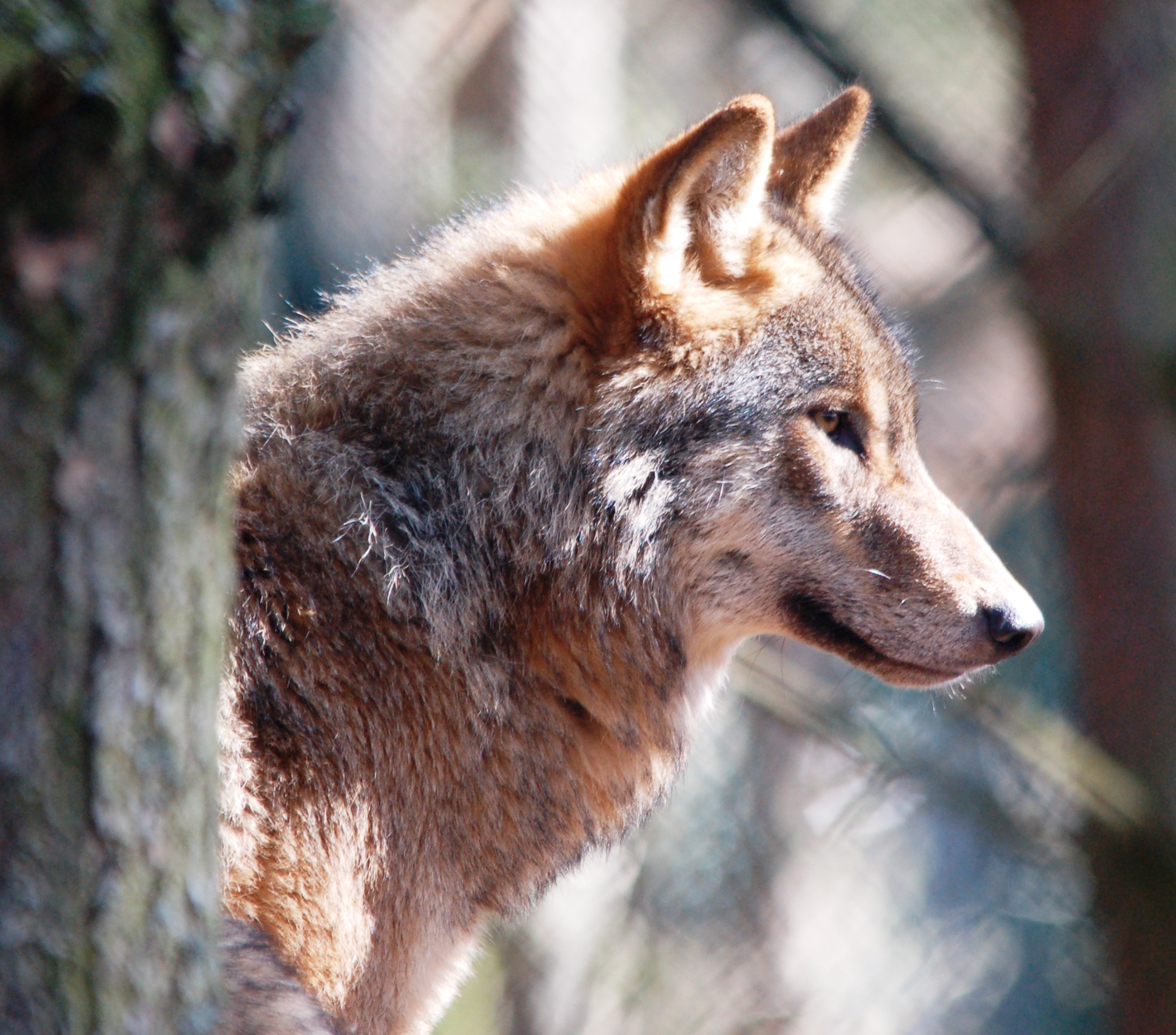“It sets a dangerous precedent – decisions shaped by populism over science”: Wolf protections are downgraded by EU

Eurasian wolf © Nick Jonsson / Creative Commons
11.12.2024
In December 2024, the Bern Convention Standing Committee downgraded the wolf’s conservation status from ‘strictly protected’ to ‘protected,’ a decision that permits broader management measures including lethal controls. From March 2025, each EU country will be able to set an annual quota of wolves to kill.
The decision has alarmed environmental groups, including several ERF partners, who argue it could harm Europe’s biodiversity efforts. As a keystone species, wolves play a crucial role in maintaining ecosystem balance, through their regulation of ungulate populations such as deer and wild boars which benefits other animal and plant species. And by preying on vulnerable individuals, wolves also curb the spread of diseases like Tuberculosis and African swine fever, which wild ungulates can transmit to livestock.
Conservationists warn that Europe’s recovering wolf populations remain vulnerable despite gradual growth following near-extinction. The European Commission’s own assessments reveal insufficient scientific evidence to justify this downgrade, noting that culling does not reliably reduce livestock losses, while studies show non-lethal strategies are more effective.
Florencia Sanchez Acosta of the European Environmental Bureau noted: “This decision undermines European environmental governance and diminishes the credibility of EU environmental policy as one grounded in scientific evidence.”
It is argued that the decision also sets a concerning legal precedent, potentially endangering other protected species and weakening the EU’s commitments to international agreements such as the Global Biodiversity Framework.
Marta Klimkiewicz of ClientEarth described it as; “not only a death sentence for many wolves, but a threat to other protected species across Europe. Removing the crucial safeguard of the Bern Convention paves the way for undermining the very foundations of the EU’s nature conservation framework and further erosion of species protection.”
Critics have also questioned the flawed process behind the decision. ClientEarth flagged procedural irregularities in the European Commission’s consultations, which provided only 18 days for feedback and lacked transparency. These concerns have prompted the European Ombudsman to investigate potential breaches of EU governance standards.
Ultimately, the decision represents a step away from Europe’s efforts to balance human-wildlife coexistence. Conservationists advocate for solutions grounded in coexistence measures, such as better livestock protection and public education, rather than reverting to lethal controls. Without science-based governance, Europe risks not only its wildlife but the credibility of its environmental leadership on the global stage.
Sofie Ruysschaert of BirdLife Europe and Central Asia concluded: “Stripping wolves of their protection risks undoing decades of European conservation progress. Instead of investing in science-based coexistence measures between humans and wildlife, leaders have chosen a political narrative that scapegoats wildlife for broader societal challenges. Downlisting wolves won’t solve the challenges faced by rural communities, but it sets a dangerous precedent: decisions shaped by populism over science.”